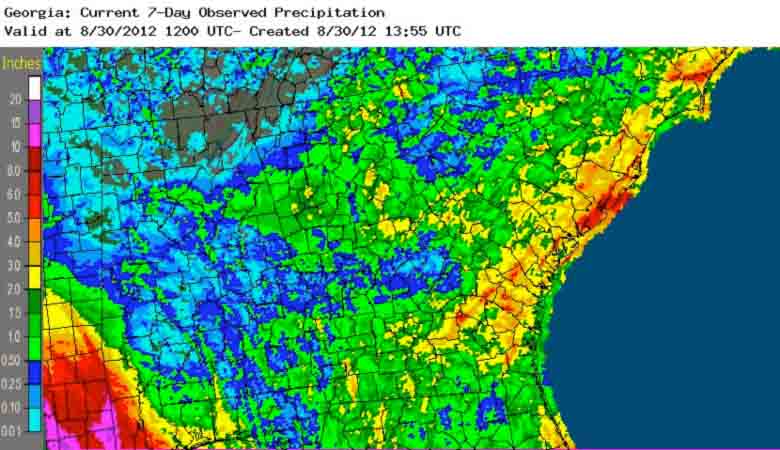 CAES News
CAES News
Hurricane Isaac
Forecasters initially projected that rains from Hurricane Isaac could erase or at least put a large dent in Georgia’s drought, but the state has seen little relief.

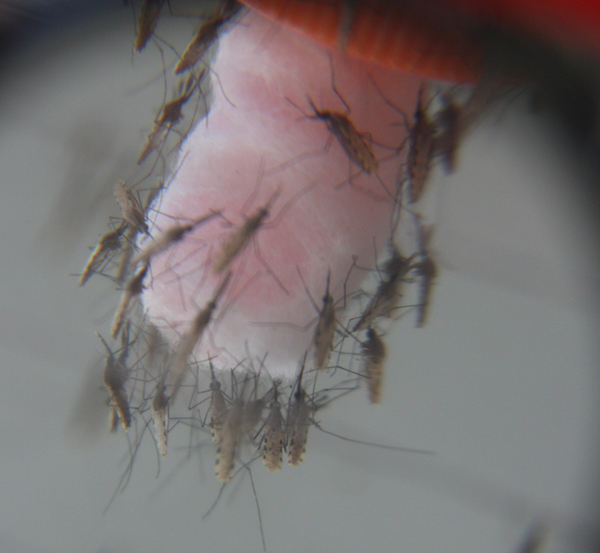
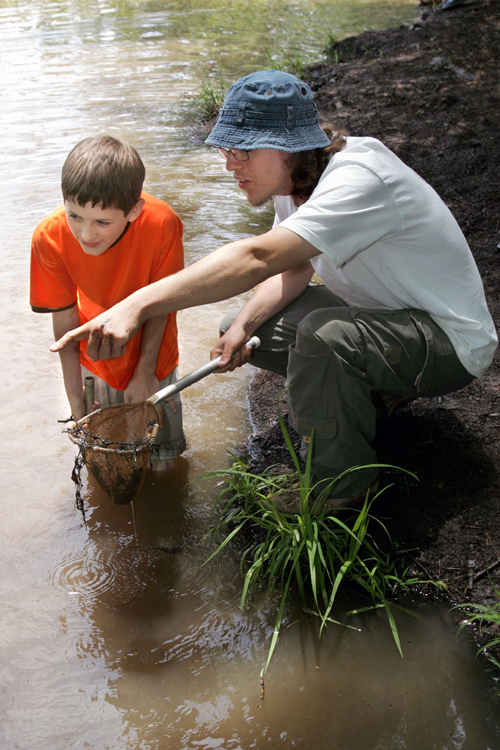
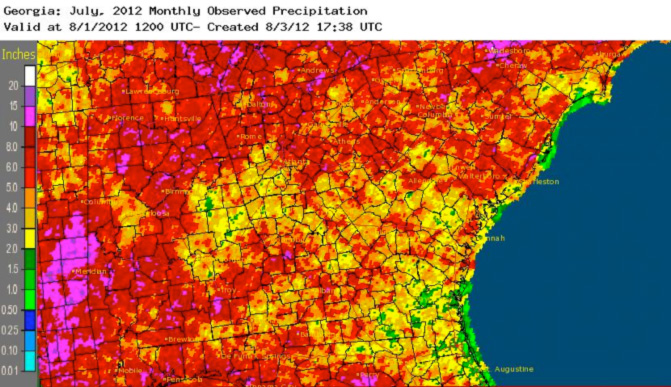

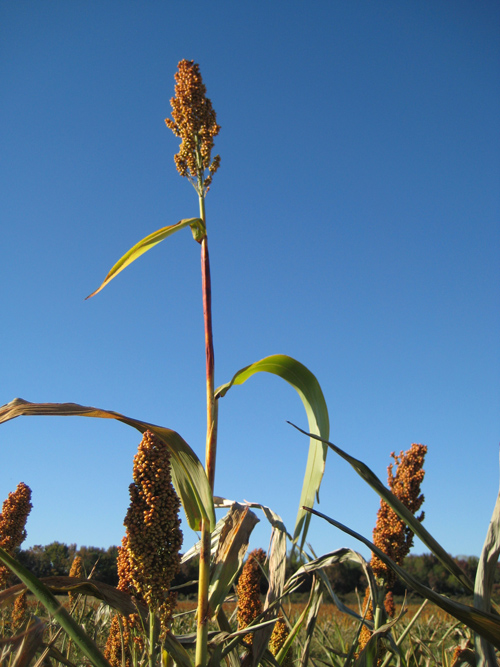
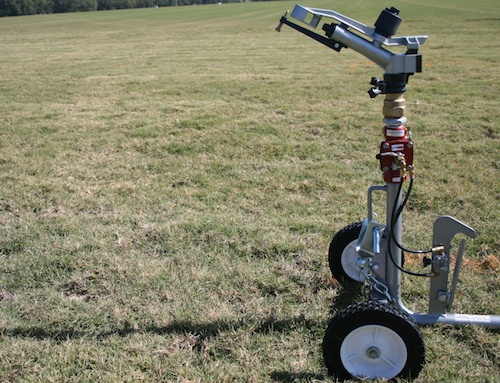
.jpg)